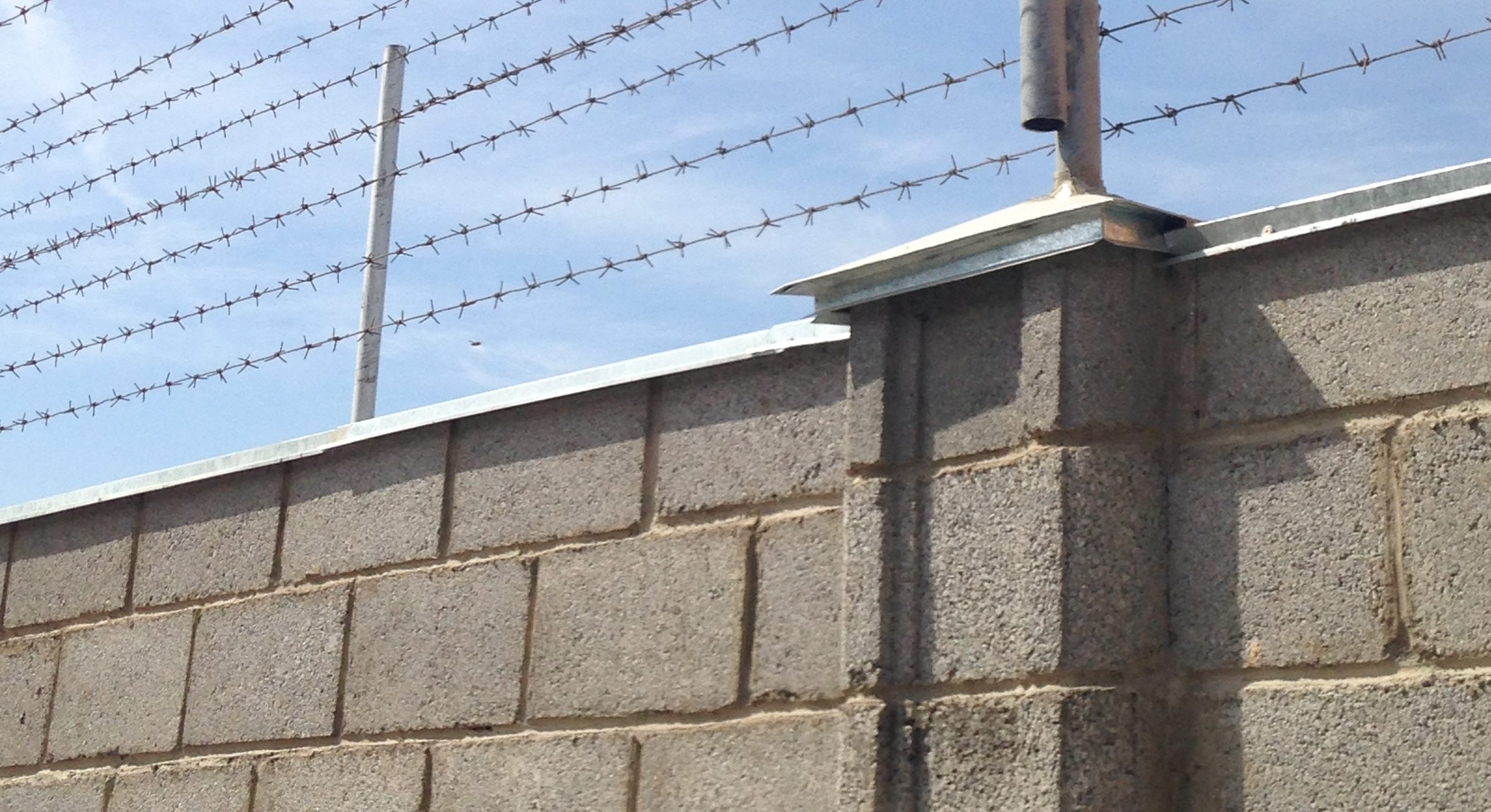In my coaching practice, I get a lot of versions of this question: how do I talk about something unpleasant without upsetting the person I’m talking to?
The answer: you can’t. There is no perfect language that will make a hard conversation easy. A couple things can help. Know what you want from the discussion. Think of it as a chance to collaborate to solve a problem, not as a confrontation. Get right to your difficult point instead of making the other person dread where the conversation is going. Practice your language in advance. (more here)
Mostly, though, difficult conversations are going to be difficult.
That doesn’t mean we shouldn’t have them. In fact, difficult conversations are probably our most valuable conversations. Think about it. Why are these conversations difficult? Because they’re about things that hurt or frighten or anger us. Because they’re with people that matter to us. If the conversation wasn’t important, it wouldn’t feel so difficult.
When we ignore the things that hurt or anger or frighten us, they fester. They keep on causing harm. A difficult conversation with a person you love isn’t an attack; it’s an investment in something you care about. In a relationship with someone you love – a partner, a friend, a family member – avoiding the tough stuff pushes us apart.
Every time you swallow your rage or pain or fear, it becomes a brick in a wall you’re building between you and the world. Eventually that wall can get tall enough push you completely apart and to wreck the relationship. Eventually that wall can get tall enough to leave you sitting alone surrounded by bricks and no people. That Robert Frost poem about walls wasn’t meant to blindly praise them.
Sometimes clients ask me the most effective way to find their brave. Having a difficult conversation is one of the best ways to start.


